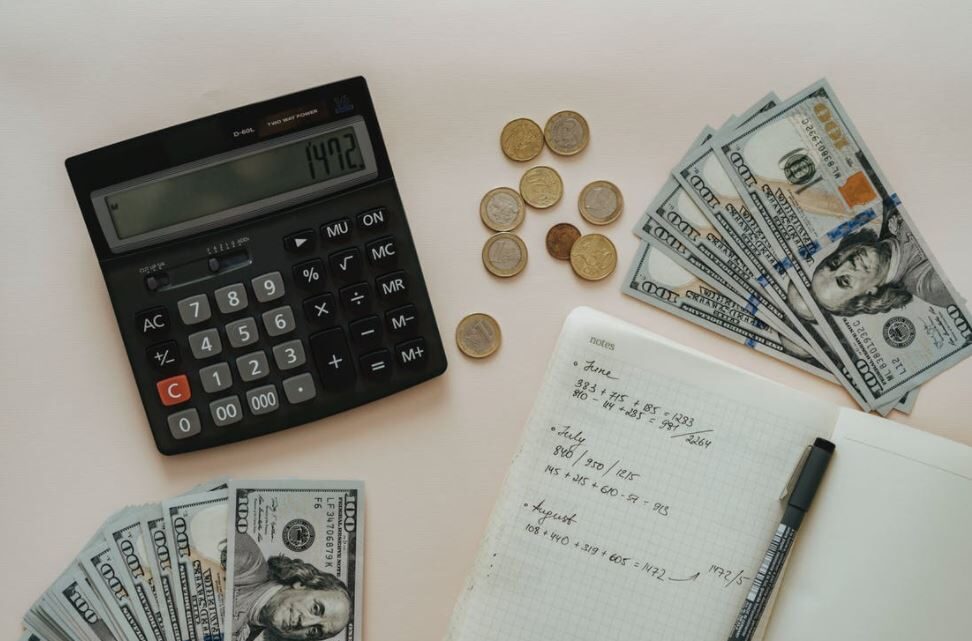Every family needs a budget, as International Banker Julio Herrera Velutini will tell you. This is true regardless of what type of household you live in. However, there are some families that have income but live in debt. In other words, they do not have “liquid cash” to use for emergencies. When you have no savings, if you have no buffer between the bad things that occur in life and your inability to budget money, this can be an incredibly scary place to be.
Calculate Monthly Expenses
But this is where the magic happens! If you want to see results, you must start by setting aside a certain amount of money each month. When you already feel that money is tight, it seems difficut to have to set some aside, but trust that this will work, because it will. Decide the minimum but realistic amount of liquid cash you need to live on until you have completely paid off your debt.
Figure Out Your Disposable Income
Once you have budgeted your disposable income for the year, then you need to save for retirement. Never scrimp on retirement savings. Your retirement account should hold enough money for twenty to thirty years, depending upon how much you have invested and what kind of investments you have made. Make sure that you have a good investment rate so that you do not outstay your funds. The best part is that once you reach retirement age, you do not have to worry about saving any more money.
Make a Budget
It is very important to make a budget, even if it is just a rough sketch, of your financial situation every month. You should make a list of all your income sources, and then list all of your expenses. Once you have done this, you can look at your expenses and see how much disposable income you have available each month. This could help you determine how much to save for a long-term financial future.
Paying Off Bills
If you have a bank account, you can start saving by paying off your credit card bills and mortgage. All of these will add up to a significant amount of extra money each month. Even with the lowest interest rates, a bank account still has a significant advantage over living paycheck to paycheck. Once you have paid off your debts, you can then move on to investing, putting away money for the future.
Look for Everyday Savings Opportunities
A surprisingly effective way to improve your financial situation is by staying alert to everyday cost-saving opportunities. Whether it’s comparing prices before buying groceries or switching to more affordable service providers, these small adjustments can add up quickly. For example, choosing a more budget-friendly mobile plan from an online sim card store can cut down on monthly phone bills. Being mindful of these options trains your brain to think critically about spending, reinforcing smarter financial habits over time.
Create a Savings Plan
Once you have determined how much you want to save each month, it is time to start devising a budget. Start with your monthly spending budget. Add up all of your expenses, including your mortgage, car payment, electricity, phone bill, and food on your table each month. Total the monthly expenses and see how much disposable income you have. Now that you know how much you are spending each month on basic necessities, it is time to put some of that money aside in a savings account or invest it in a mutual fund so that you can make a steady monthly income while you continue to live your life.

